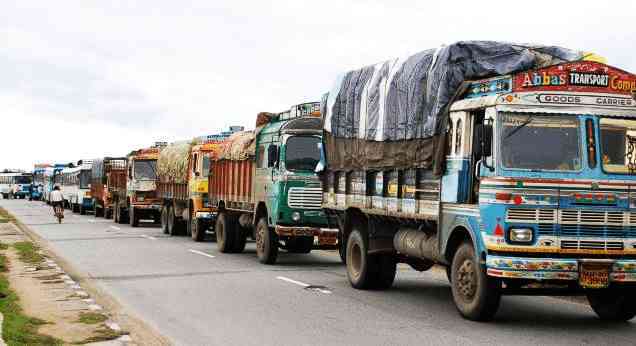Transportation facilitates efficient and cheaper movement of goods and people from one place to another. And, when it comes to the logistics industry, the scenario is not different. Logistics services lay a global impact, and can either be a boon or a bane to the economic development of the country. It creates a link between producers and consumers to overcome the geographical barrier and expand their business scope and scale. Transport has been positively impacting economic development in the following ways.
Expanding networks – Connecting hundreds and thousands of locations have dramatically increased the efficiency and effectiveness of transport.
Improved performance – By reducing the cargo time and cost, freight movements have greatly increased, hence, adding to economic development.
Productivity – Producers can source raw materials from diverse locations and can send out end product to the consumers all over the world.
Large market size – Access to broader markets increases production, distribution and consumption and thus contributing to economic growth.
Increased reliability – By reducing the loss and damage, downtime can be avoided and economic development remains unhindered.
Creating employment – It creates employment opportunities for men and women who can earn their living by driving vehicles and operating transportation facilities.
Overall, the economic impact exceeds the initial employment and revenue generated by transporters. But, from a general point of view, the economic impacts of transportation can be divided into three categories:
#1 Direct impact – The impact of efficiency and capability of transport systems which occurs by providing access to larger markets, employment opportunities, time and cost-efficiency and added value.
#2 Indirect impact – The impact of better accessibility and economies where vendors depend directly on transporters for their economical purchases. It includes various industries like maintenance and repair, parts suppliers, office supply companies, etc.
#3 Induced impact – The impact of the multiplier effects where the cost of products and services shrinks and their variety increases. For example, metal industry demands for cost-efficient copper and lead, and coal for blast furnaces to produce lead bars and copper wires. Manufactures and distributors rely on competent transport activities.
Since the beginning of the human civilization, the transportation has impacted the economic development. It has helped early cities on river banks and lakes grow and set up industries where the logistics services were not available earlier. At each stage of industrial development, a particular transport mode has been developed and adapted to carry out freight activities more efficiently than before.
Roads, rails, airways, seaports and river transportation systems have evolved with time, but no single mode is alone responsible for the economic development. In fact, they are connected to each other with the economic operations they support and the location where the growth is taking place. Inversely, the economic growth has raised the demand for more transport facilities, demanding high quantities of iron, coal, concrete and other materials to extend every mode of transportation. Even in many cities of India, including Ahmedabad, Delhi, Mumbai, transport has a peculiar importance as government control ground and building rights. Thus, transportation has become one of the important ingredients for the economic growth and development.




